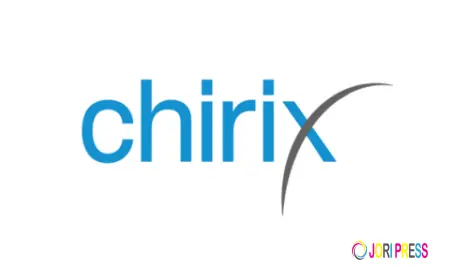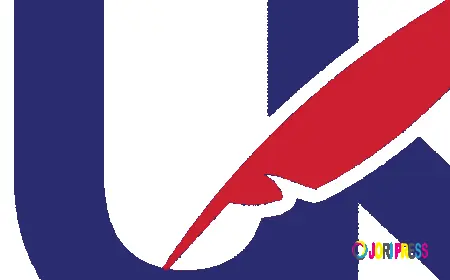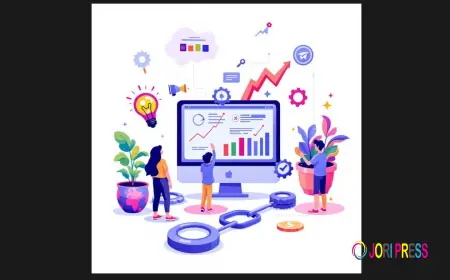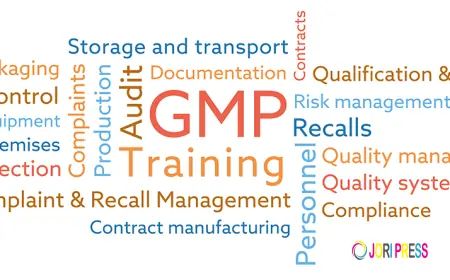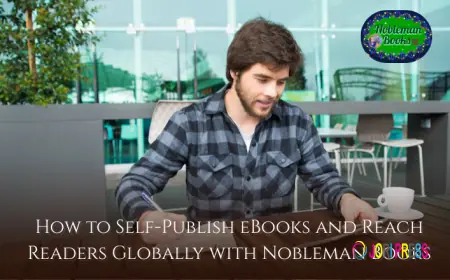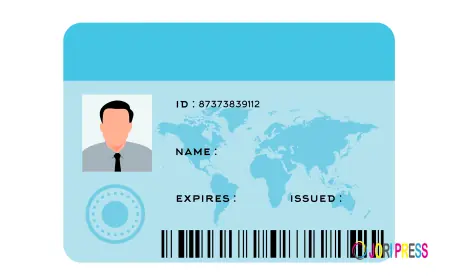Common Challenges Faced by Translation Services in Dubai
Explore the top challenges that translation services in Dubai face, from cultural nuances to tech adoption, and how they work to overcome them.
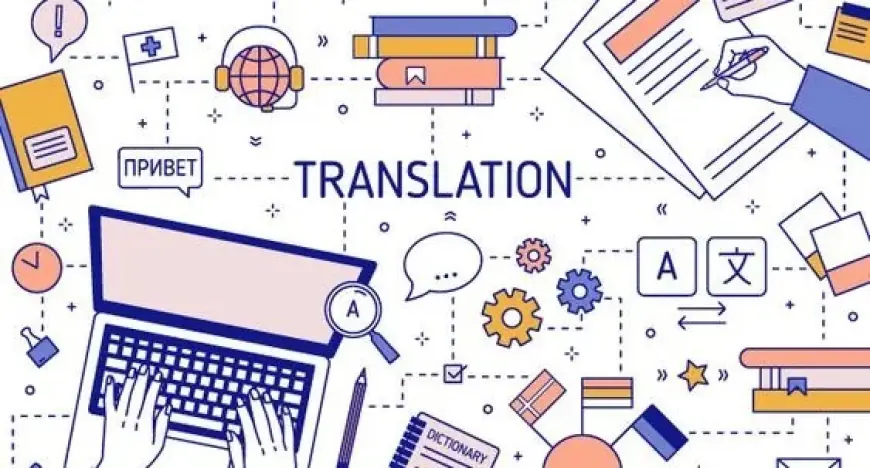
The Growing Role of Translation Services in Dubai
Dubai has become a global business hub. With companies from every continent operating in the city, communication in multiple languages is vital. That’s where translation services in Dubai step in. They help bridge language gaps in industries like tourism, law, healthcare, and finance. As demand grows, so do the challenges.
Most agencies deal with several languages daily. Whether it’s Arabic to English or Hindi to French, every job requires accuracy, speed, and cultural understanding. But it’s not as easy as it sounds. Behind every translated document lies a maze of challenges, many of which are specific to Dubai's unique cultural and economic setting.
Cultural Nuances and Localization Barriers
One of the biggest hurdles is adapting content to cultural differences. Languages carry emotions, values, and traditions. Direct translation often misses the mark. This is especially true when translating marketing content or legal documents. A phrase that works in English may offend Arabic speakers if not localized properly.
Localization goes beyond grammar. It involves tailoring content to suit the target audience’s beliefs and behaviors. Translation services in Dubai must be extra careful when working with multicultural clients. For example, color schemes, imagery, or even dates and numbers can carry different meanings in different cultures.
Legal and Regulatory Complications
Dubai has strict legal frameworks, especially for official documents. Whether it’s immigration papers, business contracts, or medical records, everything must follow local legal formats. This makes legal translation a sensitive area. A minor error could lead to visa rejections or legal disputes.
Moreover, only certified translators can work on specific legal documents. Translation services in Dubai must ensure their team meets these certifications and keeps up with changing laws. This means regular training, coordination with legal advisors, and a robust review process.
Short Deadlines and High Client Expectations
Dubai moves fast. Clients often expect urgent delivery of high-volume content. Whether it’s brochures for an upcoming event or real estate contracts, timelines are tight. However, quality translation takes time. It involves research, proofreading, and sometimes back-and-forth with clients.
Balancing speed and quality is tricky. Agencies often need multiple linguists to handle rush jobs, which requires coordination and trust. Despite this, clients may not understand the effort involved. Unrealistic deadlines, paired with tight budgets, put added pressure on translation teams.
The Complexity of Multilingual Projects
Another challenge is handling multiple languages in a single project. A real estate brochure, for example, may need to be translated into Arabic, Russian, Chinese, and French. Each language comes with its own grammatical structure and cultural tone.
This calls for a team of skilled professionals and a streamlined workflow. Mistakes in one language can damage a brand’s credibility across all markets. Therefore, translation services in Dubai must manage multilingual consistency while ensuring every version aligns with the client’s original vision.
Finding and Retaining Skilled Translators
Talent is hard to find. Not every bilingual speaker is a qualified translator. Quality translation requires deep language knowledge, industry-specific expertise, and attention to detail. In a competitive market like Dubai, good translators are always in demand.
Freelancers often come and go, making consistency a challenge. Agencies must invest time in vetting, onboarding, and retaining skilled translators. Also, keeping them motivated and updated with industry trends adds to operational tasks.
Keeping Up with Technology and Tools
Tech is transforming the translation industry. From CAT tools to AI-assisted platforms, there’s no shortage of software. While these tools help with speed and efficiency, they are not perfect. Machine translation still struggles with nuance and emotion.
Translation services in Dubai must strike a balance. They must use tech to enhance productivity but still rely on human translators for context and tone. This requires regular software updates, training sessions, and a flexible workflow that accommodates both man and machine.
Ensuring Data Security and Confidentiality
Translation often involves sensitive data. From legal documents to corporate secrets, client information must remain secure. This is even more crucial with remote work on the rise. Files are now shared over cloud platforms, increasing the risk of leaks or breaches.
To address this, agencies must adopt strong security protocols. NDAs, encrypted file sharing, and internal policies are just the start. Even then, the human factor—carelessness, outdated devices, or weak passwords—can pose threats. Clients expect full confidentiality, so agencies must deliver.
Educating Clients About the Process
Many clients don’t fully understand what translation involves. They assume it's a simple copy-and-paste task. As a result, they may undervalue the service or question the pricing. Educating clients is crucial—but it takes time.
Agencies must explain the layers of work involved: research, context adaptation, proofreading, and formatting. Transparent communication builds trust and sets realistic expectations. Still, not every client is open to learning, making this a continuous challenge for translation providers.
Managing Quality Control Across Projects
With multiple translators working on different parts of the same project, consistency becomes a concern. One person’s tone might differ from another’s. Even small differences in terminology can confuse readers or damage brand voice.
That’s why quality control is essential. Agencies must implement style guides, glossaries, and peer reviews. Proofreaders and project managers play key roles here. It’s a team effort, and every step must be carefully managed to maintain a high standard.
The Path Forward for Translation Services
Despite these hurdles, the translation industry in Dubai is thriving. The city’s international nature ensures that language services remain in demand. As long as global business flows through Dubai, translation will be a necessity—not a luxury.
To stay ahead, translation services in Dubai must adapt continuously. They need to invest in training, upgrade their tools, and focus on client education. Most importantly, they must uphold quality and integrity in every project. That’s how they win trust—and build long-term success.
What's Your Reaction?
 Like
0
Like
0
 Dislike
0
Dislike
0
 Love
0
Love
0
 Funny
0
Funny
0
 Angry
0
Angry
0
 Sad
0
Sad
0
 Wow
0
Wow
0









